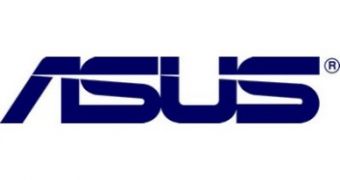Open Source is a really weird world. Apart from the high quality source code you may use either at home or inside your enterprise, a closer look on the license shows you plenty of "You can" and "You are allowed to" formulations. There are a few things you are not allowed to do, but Asus managed to find a "Don't" and had to stick with it.
We have already talked about the Java programmer Cliff Biffle who was the first to find that Asus did not respect the GPL. In a few words, while tampering with the asus_acpi kernel module, he discovered that the original code had been modified and the source code had not been included in the distribution. There are many more omissions, but this example is pretty relevant.
It is difficult to say what happened to Asus. Practically they took a freeware operating system and transformed it into a huge fortune, as Eee PCs keep selling at an infernal rate. And yet, how come they could stumble upon a legal constraint and risk losing more than profit? The customers' respect towards the Asus brand. The scenarios that led to this "nasty" situation are simple. Either the 1.8 GB source archive has been packed in a hurry and the absence of the asus_acpi source code is justified by omission, or there's a criminal and calculated movement, whose utility no one can foresee.
Open Source is a double-edged knife: any GPL release can be exploited and turned into a commercial software, on the account that there will be no one to figure out the deal. Well, that's doubtful, since the Internet facilitates access to knowledge and people just like Cliff Biffle love to poke their noses into the code.
Of course, it's easier to blame it on malice than assume that some things are prone to fail due to omission, but, given the fact that Asus has already set a precedent in their taking advantage of GPL code and disrespecting their obligations towards it, makes me think that Asus is a dangerous relapser. Contrary to justice principles, until proven innocent, the company is guilty - no matter if we are talking about unfair behavior or incompetence.

 14 DAY TRIAL //
14 DAY TRIAL //